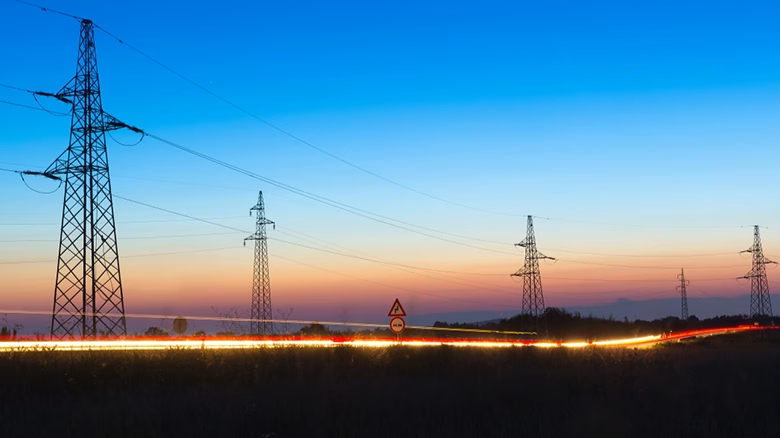ASEC Dialogue Focuses on Electricity Access Crisis

- Experts call for bold reforms and leadership mindset change to tackle Africa’s energy crisis
- Over 600 million Africans lack access to electricity—a figure leaders say must drive action, not apathy
- Ghana’s electrification rose from 19% to 87% through government-led investment
Energy experts from across Africa are urging bold, practical actions and a fundamental shift in leadership mindset to address the continent’s persistent electricity access challenges.
They emphasize that reliable electricity is essential for improving quality of life, driving economic growth, and supporting sustainable development across African communities.
These calls were made during the Africa Sustainable Energy Dialogue, hosted by the Africa Sustainable Energy Center (ASEC), under the theme “Bridging Africa’s Energy Access Gap: Challenges, Innovations and Path Forward.”
During the event, Dr. Omar Farouk Ibrahim, Secretary-General of the African Petroleum Producers Organisation (APPO), challenged the notion that poverty is the root cause of Africa’s energy crisis. Instead, he pointed to structural, political, and economic barriers as the deeper issues.
“Too often, we hear that over 600 million Africans lack electricity. We hope this doesn’t become a cliché,” said one moderator, stressing the need to look beyond statistics. “Africa’s main challenge is a lack of visionary leadership. We often prioritize short-term desires over long-term solutions.”
Despite Africa’s abundant oil and gas resources, Dr. Ibrahim noted that the majority is exported—75% of oil and 45% of gas—benefiting elites rather than the broader population. He called for these resources to be redirected to meet domestic needs.
Echoing this perspective, Dr. Alfred Ofosu Ahenkorah, former Executive Secretary of Ghana’s Energy Commission, highlighted the central role of government leadership. “Access to energy is not an individual effort—it requires government commitment,” he said. He pointed to Ghana’s progress in electrification, rising from just 19% coverage in 1989 to over 87% today, driven by sustained government investments starting with the Akosombo Dam and later the National Electrification Program.
Kweku Andoh Awotwi, Board Chairman of UBA-Ghana, traced part of the current crisis back to post-independence policies that treated electricity purely as a public good.
“For decades, electricity was viewed as a social service, without the necessary capital mobilization for generation and distribution,” he said. “Even after sector liberalization, financial instability and inefficiencies persisted.”
He also criticized Africa’s sluggish adoption of decentralized renewable energy solutions. “We’re not scaling up grid-parity solar systems because our power sectors remain financially unsustainable,” he concluded.






